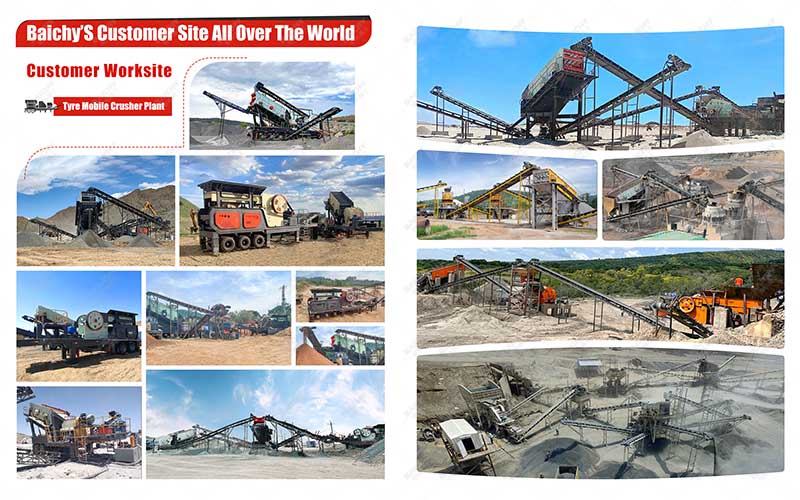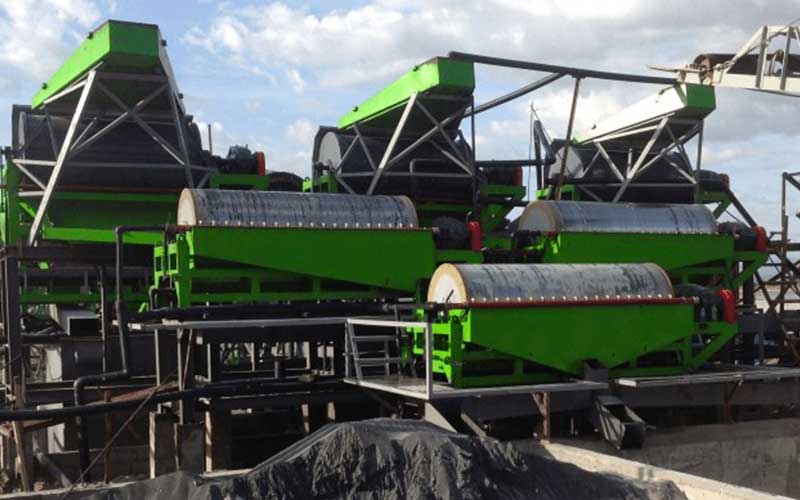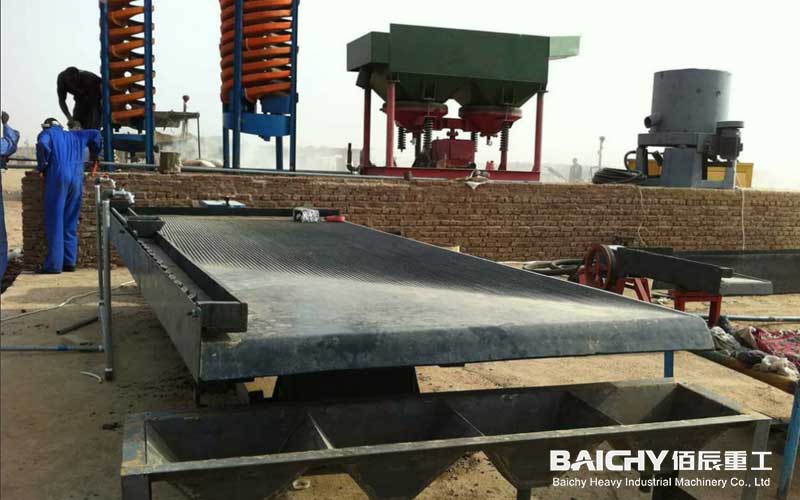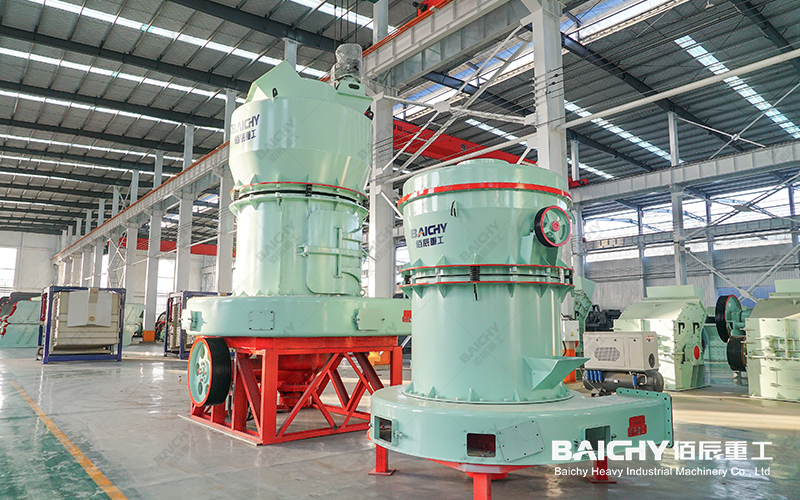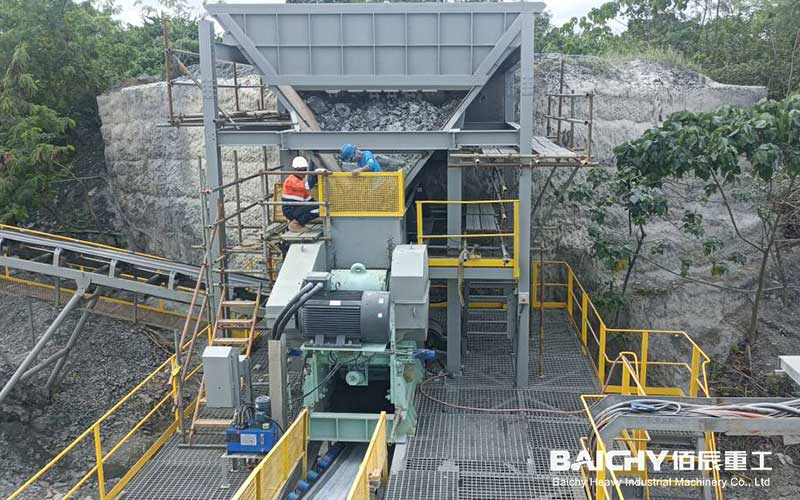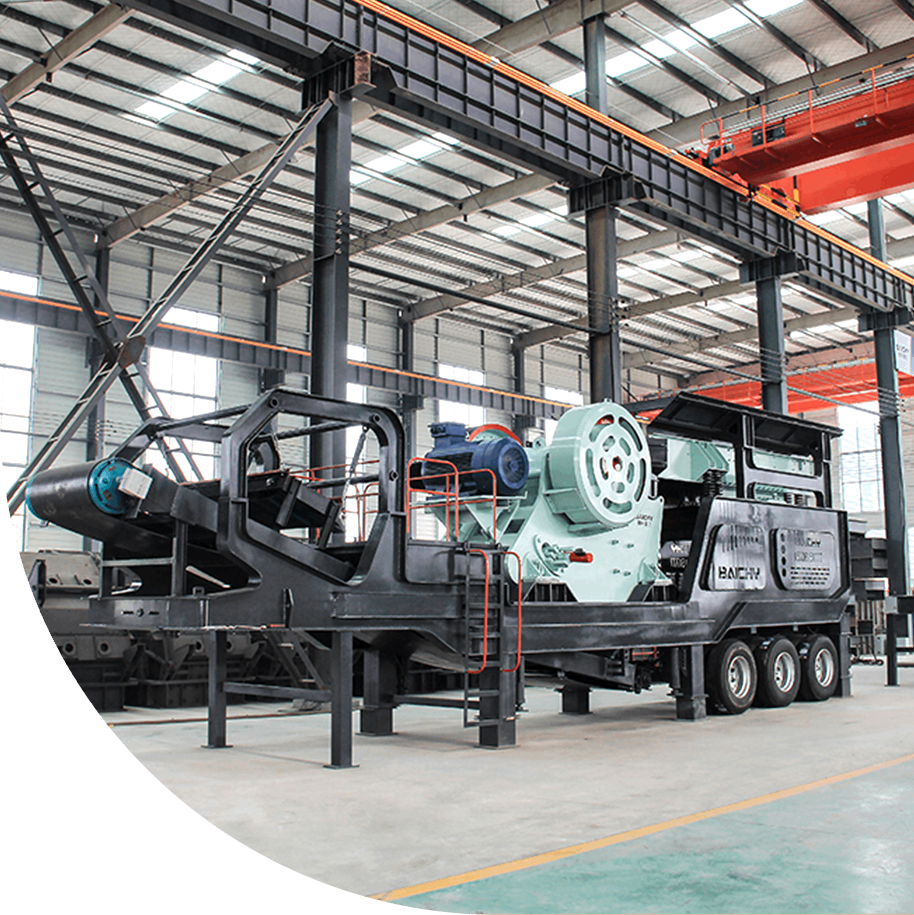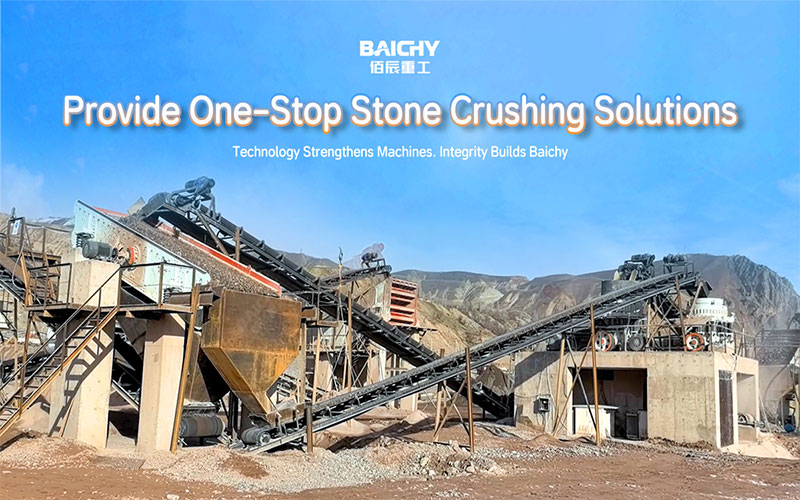
In the modern stone production industry, vibrating screens are essential equipment. They act as the production line's "quality inspector" and "pider," directly impacting the specifications and purity of the final stone product, as well as the overall production line efficiency. This article will delve into the core role of vibrating screens in stone production lines, their common types, and their optimized application practices.
I. Vibrating Screens: The "Core Sorter" of Stone Production Lines
Stone production lines typically consist of feeding, crushing, screening, and conveying. Screening is crucial for ensuring the final product meets quality standards. Vibrating screens use high-frequency vibrations to efficiently classify and separate mixed crushed stone of varying particle sizes, ensuring uniform specifications for each product type (such as 0.5-grade stone, 1.2-grade stone, 1.3-grade stone, and stone powder) to meet the stringent requirements of perse customers.
II. Four Core Functions of Vibrating Screens in Stone Production Lines
1. Material Classification
This is the most core function of a vibrating screen. After being crushed by equipment such as jaw crushers, cone crushers, or sand making machines, the stone material forms a mixture of varying particle sizes, ranging from coarse to fine. Vibrating screens, equipped with screens of varying apertures, precisely separate this mixture into various pre-defined finished products, such as coarse aggregate and fine aggregate. This is a critical step in maximizing resource value.
2. Pre-screening and Check Screening
◦ Pre-screening: Before the raw materials enter the primary crusher, a vibrating screen is used to separate the fine materials that meet the required specifications. This effectively reduces the workload of the primary crushing equipment, prevents over-crushing, and improves overall production efficiency.
◦ Check Screening: Installed after the crushing equipment (for example, at the discharge of a sand making machine), it ensures that all crushed products reach the target particle size. Substandard material is returned to the crusher for further processing, creating a closed-loop system that rigorously guarantees the quality of the finished product.
3. Dewatering and Desliming
Vibrating screens also play an important role in handling wet or muddy raw materials. Through its unique screen plate design and vibration mechanism, it effectively removes excess moisture or clay from the stone surface, improving the stone's cleanliness. This is crucial for improving the quality of commercial concrete and the production of certain high-end building materials.
4. Improving Production Line Continuity and Automation
Vibrating screens seamlessly integrate with feeders, crushers, conveyors, and other equipment, enabling continuous, automated stone production. This not only significantly reduces labor costs but also significantly improves the stability and processing capacity of the entire production system.
III. Common Types of Vibrating Screens in Stone Production Lines
Depending on their structure and operating principle, vibrating screens used in stone production lines mainly fall into the following categories:
1. Circular Vibrating Screens: Their motion path is approximately circular, offering high screening efficiency and high throughput. They are ideal for large-scale grading of medium- and coarse-grained stone and are often used as the primary screening equipment in production lines.
2. Linear Vibrating Screens: Their motion path is linear, making them suitable for dewatering, desludging, and precise grading of fine materials, dry or wet materials. They are widely used in the screening and cleaning of manufactured sand. 3. High-Frequency Vibrating Screens: Featuring high vibration frequency and low amplitude, they are particularly suitable for screening and dewatering fine materials, effectively solving problems such as fine sand recovery and slurry filtration.
4. Heavy-Duty Vibrating Screens: Featuring a sturdy structure and strong load-bearing capacity, they are designed specifically for handling large, high-density ores and stones. They are typically used for primary feeding or pre-screening of bulk materials.
IV. Key Points for Selecting and Optimizing Vibrating Screen Applications
To maximize vibrating screen performance, consider the following points:
• Proper Selection: Select the most appropriate vibrating screen type and specifications based on factors such as processing volume, material characteristics (moisture content, mud content, particle shape), screening accuracy requirements, and production space.
• Screen Configuration: The screen material (e.g., manganese steel, polyurethane), aperture, and number of layers directly impact screening performance and lifespan. Selection should be based on product specifications and material abrasiveness.
• Tilt and Amplitude Adjustment: Adjusting the vibrating screen's mounting tilt and vibration amplitude can alter the material's velocity and residence time on the screen surface, thereby optimizing screening efficiency and processing capacity. • Regular Maintenance: Regularly inspecting the screen for damage or blockage, and checking the tightness and lubrication of key components like the vibrating motor, is essential for ensuring long-term stable operation and extending the equipment's service life.
In short, a vibrating screen is far more than a simple "filter" device; it is the "nerve center" of a modern stone production line and a core piece of equipment for refined and efficient production. Proper selection, scientific application, and meticulous maintenance of vibrating screens are crucial for improving the quality and added value of stone products, reducing production energy consumption and costs, and enhancing a company's market competitiveness. With the advancement of intelligent control and sensing technologies, future vibrating screens will become even more intelligent and efficient, continuing to propel the stone production industry towards higher quality levels.
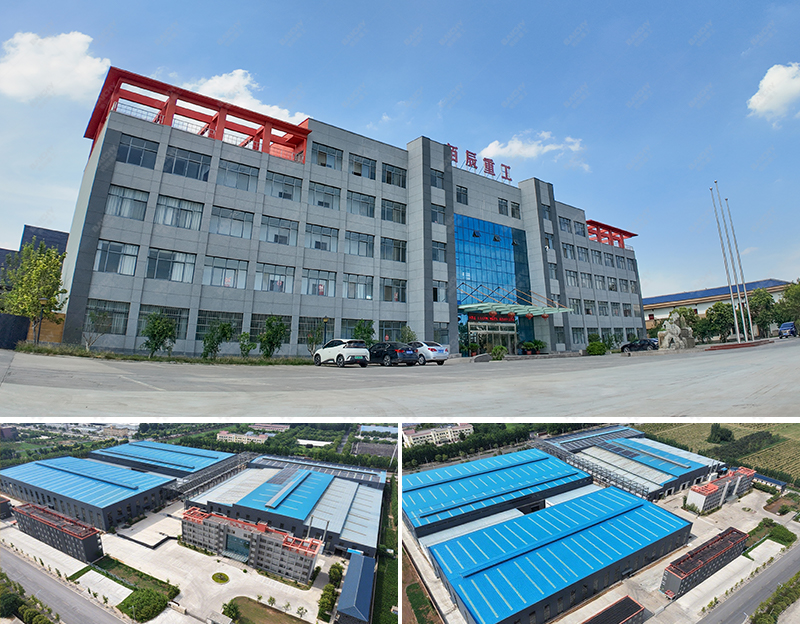
Baichy Heavy Industry – Your Trusted Partner for Seamless Equipment Operation
To ensure optimal performance of your equipment, Baichy Heavy Industry offers:
- Professional on-site installation guidance
- Comprehensive operator training
- 24/7 technical support & maintenance services
Our complete after-sales service system guarantees long-term, stable operation of your machinery with minimal downtime.
Protect Your Rights – Only Use Official Channels
To avoid scams and ensure authentic support, contact us exclusively through:
• Official Website: www.baichychina.com
• WhatsApp: +8615093222637
• Email: [email protected]
Your satisfaction is our priority – expect prompt, professional service every time.
(Note: Beware of unauthorized third parties claiming to represent Baichy. Always verify through official contacts.)
